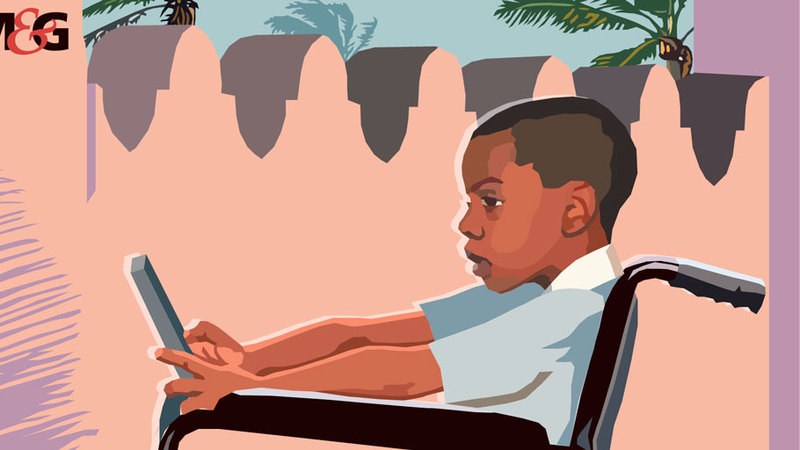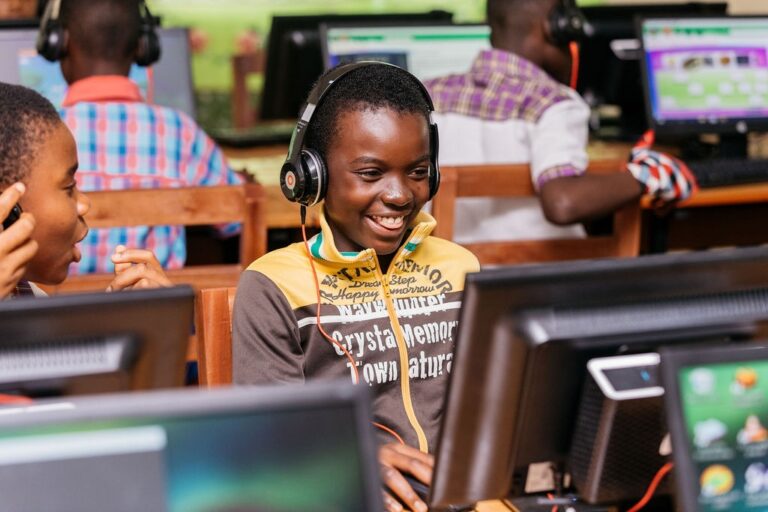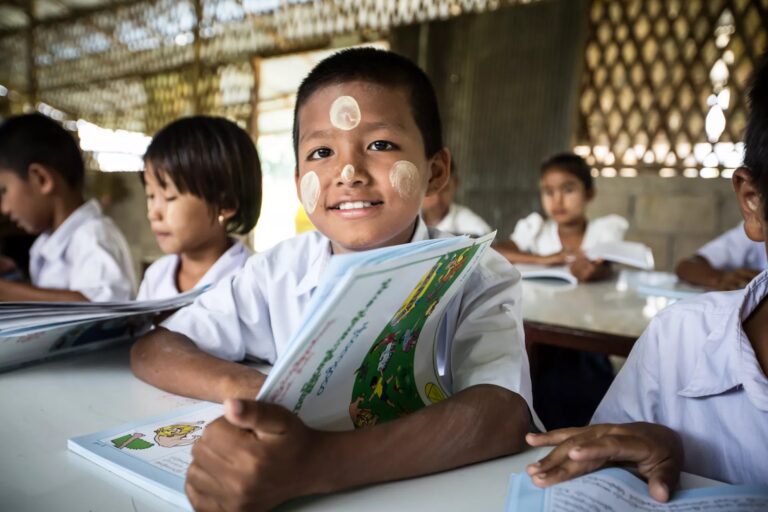Ali Moussa and Mahmoud are sixth-graders in Zanzibar. The boys are nearly blind and use recording devices and Braille machines to read. Thanks to their school and teacher, they are able to keep pace with their peers in the mainstream primary school they attend.
Despite the obvious hardship, the boys are fortunate that their community has embraced inclusive education — the concept that children of all abilities and backgrounds should learn together. In most developing countries, educators don’t even know how many children with disabilities are absent from school, let alone what those who do attend might need in the classroom.
As many as 150-million children live with a disability; in low- and lower-middle-income countries, about 40% are…
CONTINUE READING AT AUTHORS WEBSITE >>



![[Preliminary Report] CRNA Collaborative Research for Exploring Factors Nurturing"Happy and Resilient" Children among Asian Countries](https://equity-ed.net/wp-content/uploads/2024/09/1725672182698.jpg)


